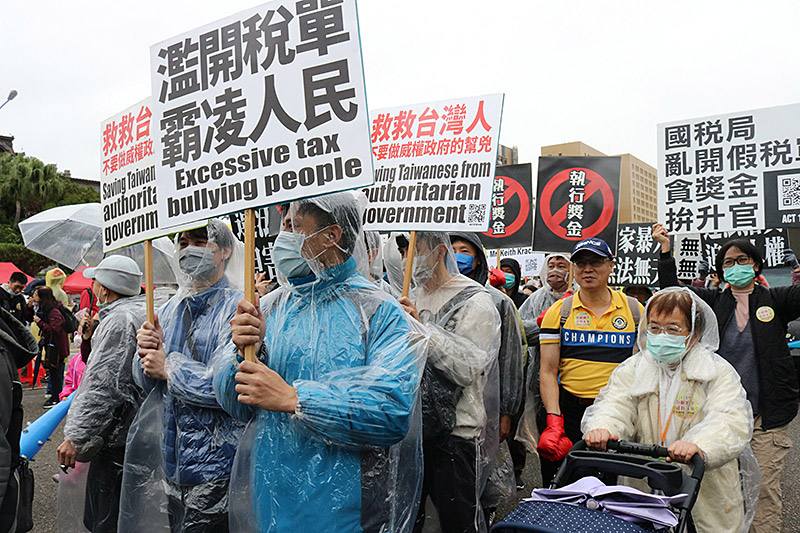Ohio Businessman Convicted of Tax Fraud
Diverted Money from Family Skin Care Business to Pay Personal Expenses
A Germantown, Ohio, businessman who controlled the operation of an anti-aging skincare business in Dayton, Ohio, was convicted of seven counts of filing false corporate, individual, and private foundation tax returns, on November 7, announced Acting Deputy Assistant Attorney General Stuart M. Goldberg of the Justice Department’s Tax Division.
According to the indictment and evidence presented at trial, James Wright, 62, ran the day-to-day operations of B&P Company Inc. (B&P), which manufactured and sold an array of skincare products, including Frownies, a wrinkle reduction product endorsed by celebrities. Wright’s great-grandmother invented Frownies in 1889 and the product has been sold by his family ever since. Beginning in the late 1990s, Wright formed a series of entities that he used to divert money from B&P to himself and members of his family. Instead of receiving a salary from B&P, Wright incorporated a company called The Remnant Inc. (The Remnant), to which B&P paid “management fees.” Wright caused the preparation of false corporate tax returns for The Remnant on which he deducted personal expenses, including rent, utilities, and pool and lawn care for his residence. Wright also used funds from The Remnant’s bank accounts to pay rent for one of his daughters in New York and California. Wright paid personal expenses directly out of B&P’s bank accounts as well. He directed employees of B&P to use corporate funds to pay for the rent and utilities at an apartment rented by his mother as well as rent for his daughter in New York.
In 2004, Wright applied to the IRS for non-profit status for a private foundation called Fore Fathers Foundation. Wright caused B&P to made donations to the foundation and then used more than $170,000 of the foundation’s funds over a seven-year period to pay for high school and college tuition for all five of his children. According to the testimony at trial, these payments constituted acts of self-dealing that Wright was required to disclose on the foundation’s tax returns and pay excise taxes on. When Wright filed the foundation’s 2003 through 2009 returns however, he falsely reported that he had not engaged in acts of self-dealing and failed to pay the excise taxes due on the distributions.
The evidence at trial established that Wright had a long history of interactions with the IRS. In 1998, Wright pleaded guilty to tax evasion for using trusts to conceal income from the IRS. This criminal case arose from an audit of Wright’s individual income tax returns. In 2002, the IRS initiated an audit of The Remnant’s income tax returns. During a 2010 audit of B&P’s income tax returns, Wright falsely stated to an IRS revenue agent that he had no prior dealings with the IRS, despite the fact that he had been criminally prosecuted in the 1990s and audited in both the 1990s and early 2000s.
U.S. District Judge Walter H. Rice did not set a date for sentencing. Wright faces a statutory maximum sentence of three years in prison on each count, as well as a period of supervised release, restitution and monetary penalties.
Source: U.S. Department of Justice
- 327 reads



